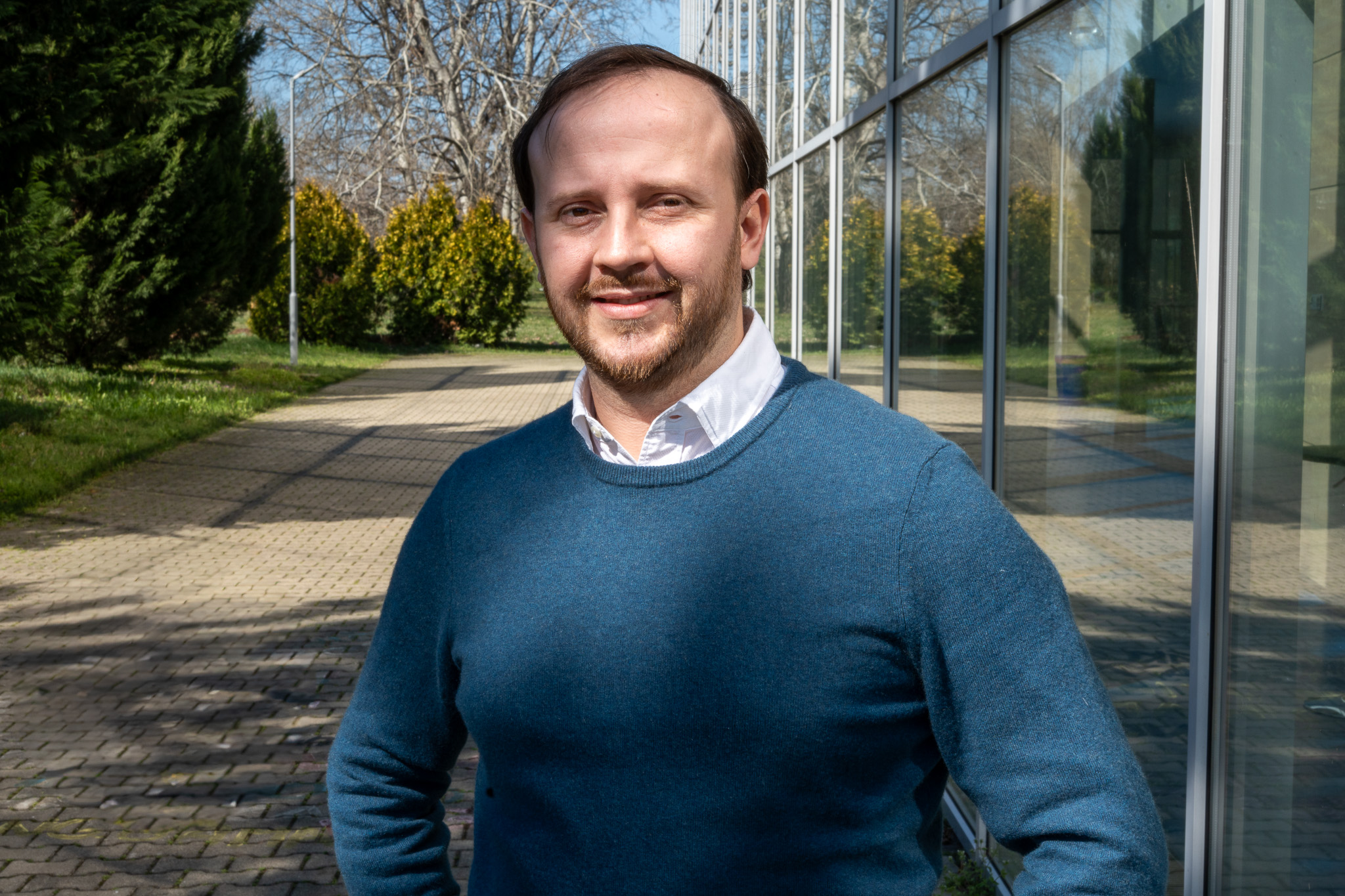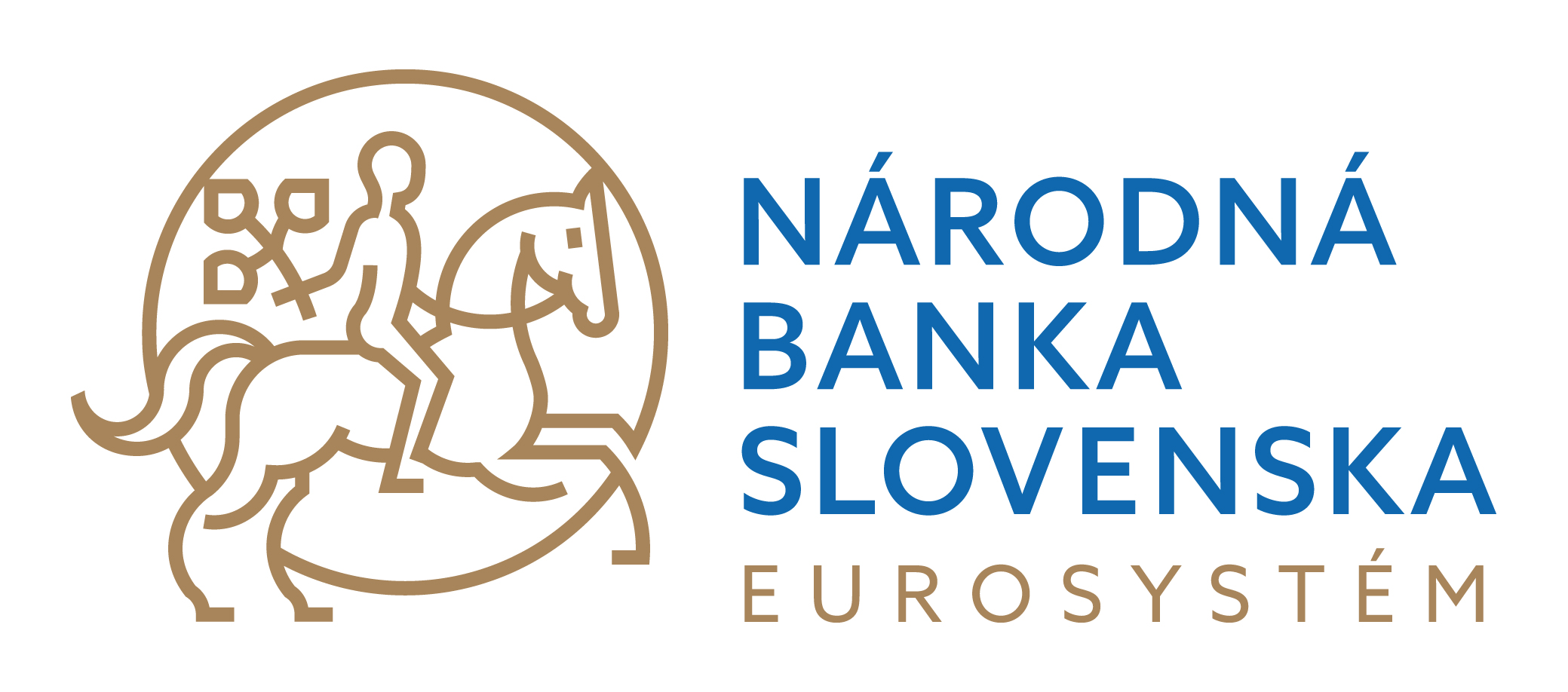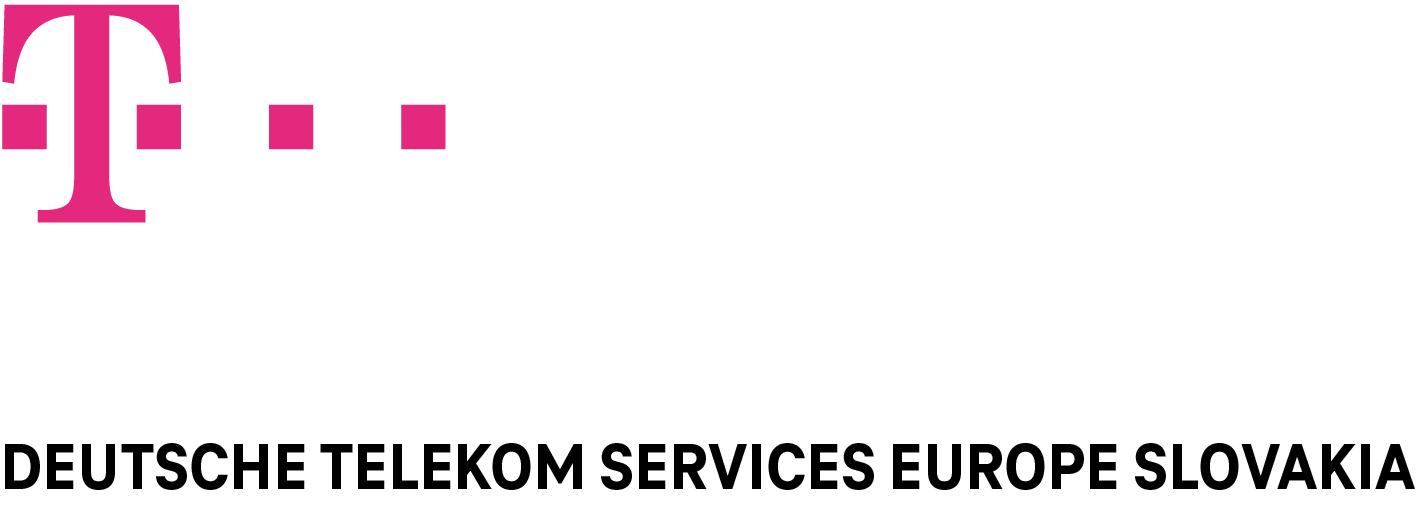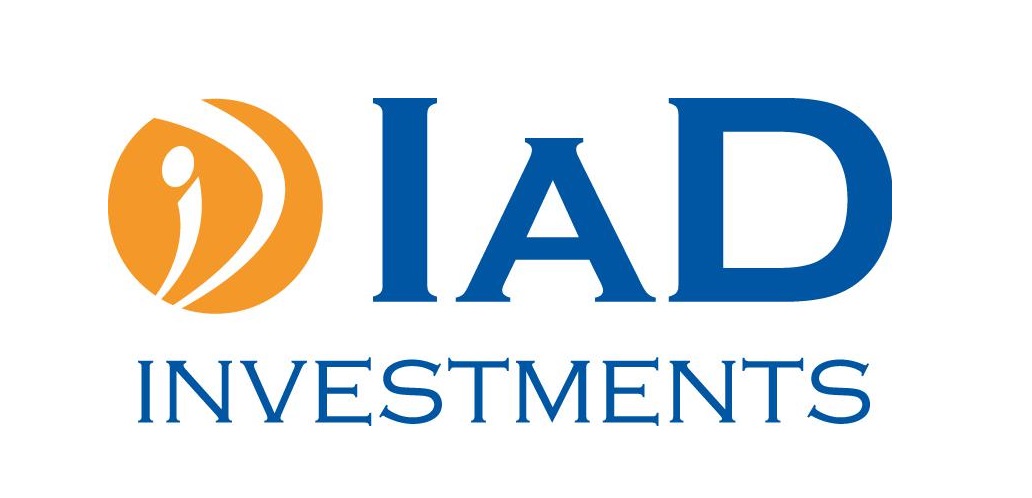Flavio Malnati is an Italian-born economist currently working as a lecturer at the Faculty of Economics and Finance, affiliated with the Department of Economic Policy. We spoke with Flavio about his experience teaching both Erasmus and Slovak students, his perspective on our faculty and university, and the research projects he is currently working on.
Flavio, could you tell us how you came to join our faculty? Why did you choose the Faculty of Economics and Finance?
I was looking for teaching experience because, for me, research is also about transmitting knowledge. That includes sharing my passion for my field of study (you know: after all, I am and always will be a “scholar”, i.e. student, as well). The CERGE-EI Foundation offers a teaching fellowship program for students and lecturers who want to teach in Central and Eastern European institutions. Since I had lived in Bratislava for a couple of years before starting my PhD and still had personal ties to the city, the University of Economics in Bratislava was a natural choice. I was fortunate to find an open-minded and dynamic interlocutor in Faculty of Economics and Finance who gave me the incredible opportunity to teach an Economic Policy course in English.
You currently teach Applied Econometrics to Slovak students, whereas previously, you primarily taught Erasmus students subject of Economic Policy. What exactly do you cover in these lectures? Do you notice any differences between the two groups?
In Economic Policy, I introduce fundamental economic analysis concepts, covering both micro and macro perspectives in the short and long run. The course focuses on the role of policymakers, exploring their strengths, weaknesses, policy instruments, and broader socio-economic impact. Students in this course are still in the process of defining their academic and professional interests. As a lecturer, my role is not only to teach economic policy but also to engage them, helping them see its relevance amid their various academic and personal interests, including also enjoying the Erasmus.
In Applied Econometrics, the emphasis shifts to applied economic research, developing convincing arguments and interpreting findings with a causal perspective using modern econometric models. While the main lecturer provides the theoretical foundation, I lead seminar sessions that require active participation and student-lecturer dialogue. Unlike Economic Policy students, Applied Econometrics students tend to be more mature and focused, with a clearer vision of their methodological and professional goals. This makes the gap between student and lecturer much narrower, and I see my role as more of a facilitator in discussions with peer researchers or future researchers.
You completed your bachelor's and master's degrees in Italy, at what is arguably the country's top university—Bocconi University. In your opinion, what dettermines an excellent univeristy or faculty?
I believe excellence rests on three core pillars: research quality, teaching quality, and administrative efficiency. Beyond these, three additional aspects matter: work-life balance (including leisure opportunities like sports, within and outside the University framework), networking and professional connections, and international exposure. In short, the key word is opportunities.
At Bocconi, I experienced university life as a "student, so while I can confirm Bocconi’s strong reputation in research, my personal insights come from its structured, well-organized educational environment. The knowledge I gained in economics, management, international relations, and public policy analysis continues to be invaluable in both my research and my broader engagement with society. I also benefited from excellent international opportunities, studying at the International University of Japan and the American University in Cairo (though my time in Cairo was cut short due to the Arab Spring). Many of my long-standing friendships also trace back to Bocconi.
You are currently pursuing your PhD at CERGE-EI. This time in Prague. Under the supervision of Christian Ochsner, you focus on projects related to economic history. Can you tell us more about your research? How do history and economics intersect in your work?
History broadens an economist’s perspective in three ways: it provides new empirical settings for analysis, offers sources of arguably exogenous shocks, and helps explain persistent spatial, social, and economic disparities (for example, East vs. West Germany, just to be unoriginal).
History is also incredibly fun and interesting. First, it gives you plenty of anecdotes for social gatherings. Second, it allows us to examine settings that seem (drastically) “different”, “but same-same”. For instance, studying pre-modern states with limited fiscal and bureaucratic capacity can tell us about modern weak states, how they operate and whether they are effective for economic activity. Analyzing a small region that banned cars for decades and then lifted the ban in 1925 can offer insights into the interaction between technology, policy, and economic activity. Also traumatic events — conflicts, invasions, colonizations, pandemics, trade and state collapses — tell us a lot about their effects and impacts on the society and economy (sometimes even positive), and can help us to analyze and face modern day shocks.
And finally, imagine one of your students is eating a pizza hawai (with pineapple). Do they still stand a chance of passing the exam at your course? ?
Absolutely! In fact, I like Hawaiian pizza. Even better, I enjoy pineapple with blue cheese pizza. My colleagues can confirm I ate one Hawai Pizza at EUBA cantina recently. I also like cappuccino after lunch, and I am on a personal crusade to make this socially acceptable in Italy.
That said, I do have my limits—like using ketchup instead of tomato sauce on spaghetti (especially when topped with eggs and a full chicken breast). But I’ve learned to tolerate even this "barbaric" practice, thanks to my former roommate and esteemed colleague at CERGE-EI. Ultimately, what people cook in their own apartments is their business. As the Italian saying goes: Occhio non vede, cuore non duole—out of sight, out of mind!
Foto: Filip Gono












